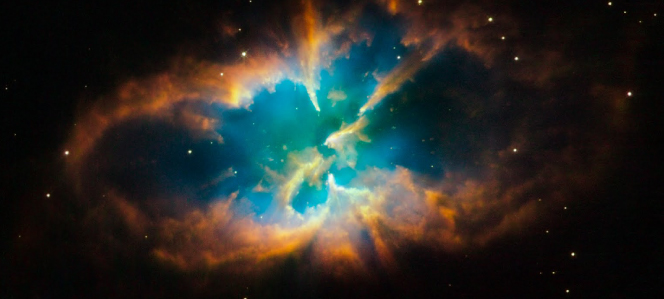My sons and I (my daughters I will discuss another time) often have bedtime chats about the Big Questions of life, which is a delight and a challenge. It’s a delight because they are fascinated by the meaning of life and want to talk about it with their father even as teens, and it’s a challenge because their questions are often very difficult and lead me not to offer them a done-deal answer but to think with them about what the possibilities might be. Sometimes their questions leave me thinking for days or weeks.
One such question they posed to me flowed out of a conversation about that mind-numbing dogma of faith: Divine eternity. How is it possible that God had no beginning and, as one son says it, “Where did God get all His information?”
They ask this with sufficient frequency to keep this truth of faith in the forefront of my thinking and in my prayer, and the latter has provided me with great fodder for my colloquies with God. And as I have found, it is a powerful stimulus for theological wonder. In fact, I often pray, after their inquests, over Aquinas’ philosophical definition of God: actus purus essendi, the pure act of being who is ipse sit suum esse subsistens, the beginning-less cause of his own existence.
Cur Deus, homo?
But it was this past November that one of my sons asked a question that I had (as far as I can recall) never thought of in the form he posed it: “Dad, okay, I get that God has no beginning, that he is the reason for his own existence, but this is what I still don’t get: Why does God exist? I mean, what’s his purpose for existing? And why is he love and not, like, meanness or something else? Oh, and if he’s really free, did he choose to come self-exist and be a Trinity?”
I think I passed out.
I shared with him the theological tradition of apophasis, or “unsaying,” in which we confess that all we say about the infinite God, drawn as it is from the realm of finite being, is a faint and distant echo of God that must at once be un-said right after it is said. As Aquinas says we “cannot know what God is, but rather what He is not, as we have no means for considering how God is, but rather how He is not.”
God is not simply one being among other beings, a kind of top of the food chain, the peak of a hierarchy, like moving from an amoeba to a man. Rather, there is an infinite chasm between God and his creation, and even though God became Flesh in Christ, and so came near, the truth of his absolute otherness, transcendence, and difference from us remains. Hence, the author of the book of Revelation falls down as though dead when the risen Christ first appears to him as “the One who is,” i.e. the same One who spoke to Moses in the Bush and named himself, I AM.
“So it’s a mystery?” he said, “Isn’t that philosophy’s way of saying, ‘I don’t know?’”
“Not really,” I replied, “It’s philosophy’s way of recognizing its limits, and that knowledge of God as-he-is-in-himself is a gift of grace, just like your knowledge of me — of who I am — can only be accessed if I freely choose to reveal myself and let you into my mind and heart and soul.”
He glazed over.
I continued, “Okay, so this why is the end of the chain of all whys we ask and it admits of only one good answer: praise. And when we praise, we simply say to God: I honor you for being so awesome. For being God.”
“There’s a medieval philosopher who said, ‘Sell your cleverness and purchase bewilderment. Then you will know the true God.’ Praise is like the prayer of bewilderment that is willing to joyfully affirm what its does not comprehend.” I’d never thought of that before then.
“Okay, Dad, no more. That’s too deep.”
Ever since then, I have felt compelled to praise God for being God. For being love and mercy and justice and Trinity and Creator and Redeemer.
For Being.
The child is the father of the man. Thank you, son, for re-birthing in me wonder. As you taught me to praise, now may I teach you to praise.
